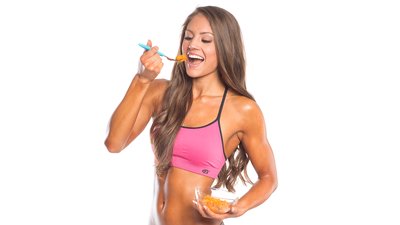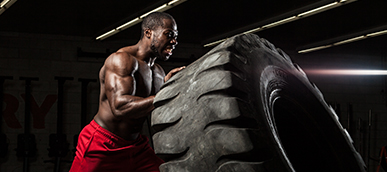Taylor Chamberlain is an NPC bikini competitor and fitness coach who holds a degree in dietetics from Purdue University. In addition to being a sponsored Team Bodybuilding.com athlete and an ACE personal trainer and nutritionist, Taylor reaches out to clients around the world through her online coaching business. She works to spread her empowering message, encouraging others to bring their best self daily, both physically and mentally.
When she's headed for the stage, having an airtight nutrition protocol is a must. But Taylor is also a proponent of flexible dieting, so her approach is creative, customized, and likely to contain a surprise or two. In this video, Taylor shares a typical day of eating as she prepares for her third Junior Nationals competition.
Curious how to make an approach like Taylor's work for you? Here are a few key takeaways from her day.
Use Caffeine to Boost Energy Pre-Workout
"Despite popular belief, caffeine is not bad for you," Taylor says.
Although everyone has a different tolerance, caffeine is a great alternative to your pre-workout, especially on those cold training mornings when a hot cup of coffee hits the spot before you hit the gym. Taylor suggests using caffeine interchangeably with your pre-workout based on your cravings or personal taste.
This bikini competitor starts her morning with a pre-workout meal and a hot cup of joe. For extra flavor and sweetness, Taylor adds a tablespoon of vanilla-almond milk creamer, which keeps her within her macros for the day.
When it Comes to Eggs, Invest in Quality Yolks
In her video, Taylor touts the difference in taste and quality of free-range organic eggs. But let's be honest: High-quality eggs are expensive, especially when you're eating half a dozen per meal. What's the solution? Taylor recommends investing in quality for the yolks, but saving money by purchasing cheaper whites to fill out the macros.

Most of the nutritional value of eggs are found in the yolks, so this approach has merit. Nearly half of an egg's protein is contained in the yolk, as well as all the fat-soluble vitamins, essential fatty acids, and plenty of other nutrients. Egg whites, on the other hand, are a low-fat source of high quality protein, but offer little else in terms of nourishment or flavor.
So, if you want to save costs without sacrificing nutrition, invest in quality egg yolks and consider less expensive sources for your egg whites.
Salt: Friend or Foe?
Any competitor knows salt can be your best friend or your worst enemy. Many fear the dreaded spill-over effect of too much sodium pre-competition, so a lot of competitors go to extremes to banish salt entirely from their diet. But is extreme salt-phobia what's best for your training?
Taylor insists that salt is not the enemy. In fact, your body needs the electrolyte balance sodium offers, especially if you train hard like she does. She recommends sea salt or pink Himalayan salt for their superior mineral content and subsequent beneficial effects on energy and stamina.
The Right Post-Workout Ratio
Your body needs the right nutrients, both before a workout and after, so what is the correct ratio to fuel post-workout muscle-building and recovery? Taylor recommends a 2:1 ratio of carbohydrates to protein. And, while this might be difficult during the low carb days of competition prep, she stresses the importance of loading up on what little carbs you're allowed, to get the most out of your body's anabolic potential.
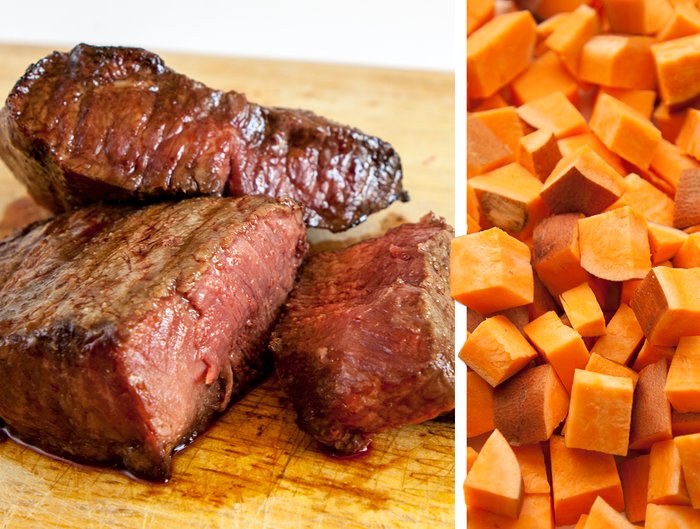
For carb sources, stick to quicker-digesting, simple carbs to raise your insulin levels and get that protein to your muscles. Your post-workout metabolic window is a special time—perhaps the only one—where it's OK to deliberately raise your blood sugar to take advantage of the anabolic effects of insulin. Taylor's diet includes jasmine rice and sweet potatoes, which, though lower on the glycemic index than most processed foods like bread and pasta, are still high enough to give her the insulin boost she needs to build muscle and recover.
If you've been neglecting the proper ratios after your workout, try adding rice or sweet potatoes to your post-workout meal and take advantage of what carbs can do for you.
One day at a time
Taylor Chamberlain's day of eating is a perfect example of how to incorporate nutrient-dense foods with minimal processing into your diet.
"I try and have well-balanced meals throughout the day, with a steady flow of protein to help utilize protein synthesis to its max. I also try and make sure I am getting carbs in before and after my workouts (especially after—whether I am dieting or not). At night I tend to have a bit more carbs because I find that they help me sleep a lot better."
Her flexible dieting regimen is balanced and sustainable, allowing her to maintain a lean and healthy physique year-round.
Check out the total breakdown of her meals from the video, and incorporate her flexible dieting lessons into your program to get the lean, strong, and healthy bikini body you've been working for.
 Apple Cider Vinegar
Apple Cider Vinegar
 Greens Powder Supplement
Greens Powder Supplement
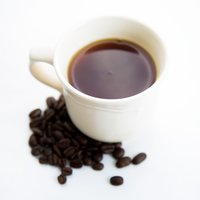 Coffee
Coffee
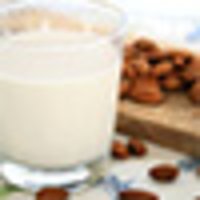 Almond Milk
(Vanilla creamer)
Almond Milk
(Vanilla creamer)
 Eggs
Eggs
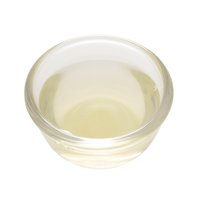 Egg Whites
Egg Whites
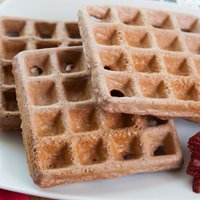 Waffles
(Whole-grain)
Waffles
(Whole-grain)
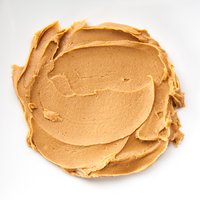 Peanut Butter
(Or almond butter)
Peanut Butter
(Or almond butter)
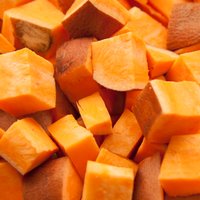 Sweet Potato
Sweet Potato
 Peanut Butter
(Powdered)
Peanut Butter
(Powdered)
 Egg Whites
Egg Whites
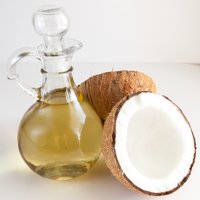 Coconut Oil
Coconut Oil
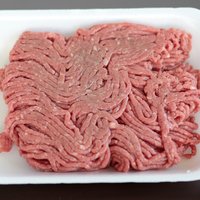 Ground Turkey
(99% lean)
Ground Turkey
(99% lean)
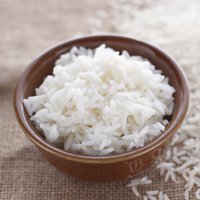 Jasmine Rice
Jasmine Rice
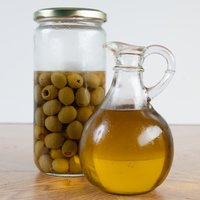 Olive Oil
Olive Oil
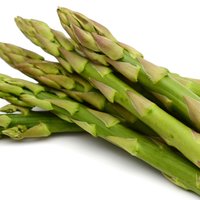 Asparagus
Asparagus
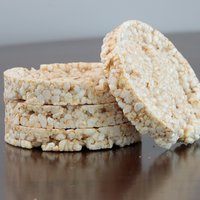 Rice Cake
(Caramel)
Rice Cake
(Caramel)
 Peanut Butter
(Or almond butter)
Peanut Butter
(Or almond butter)
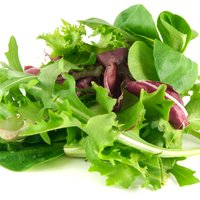 Mixed Greens
Mixed Greens
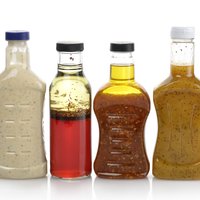 Salad Dressing
Salad Dressing
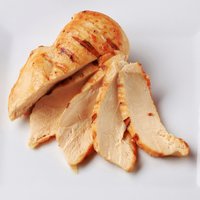 Chicken
Chicken
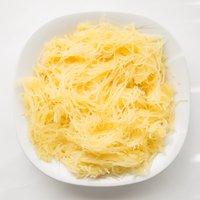 Spaghetti Squash
Spaghetti Squash
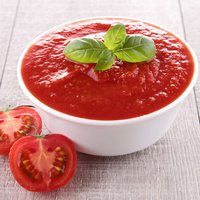 Marinara Sauce
Marinara Sauce
 Olive Oil
Olive Oil
 Peanut Butter
(Powdered)
Peanut Butter
(Powdered)
 Coconut Oil
Coconut Oil
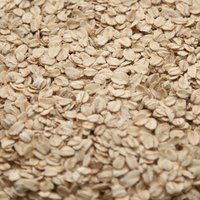 Oats
(Oatfit brand)
Oats
(Oatfit brand)
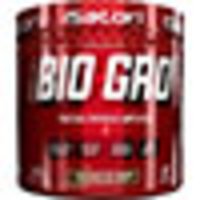 iSatori Bio-Gro
iSatori Bio-Gro
Macros for meal 1:
- Carbs: 24.6 g
- Fat: 15.3 g
- Protein: 25.6 g
 Apple Cider Vinegar
Apple Cider Vinegar
 Greens Powder Supplement
Greens Powder Supplement
 Coffee
Coffee
 Almond Milk
(Vanilla creamer)
Almond Milk
(Vanilla creamer)
 Eggs
Eggs
 Egg Whites
Egg Whites
 Waffles
(Whole-grain)
Waffles
(Whole-grain)
 Peanut Butter
(Or almond butter)
Peanut Butter
(Or almond butter)
 Sweet Potato
Sweet Potato
 Peanut Butter
(Powdered)
Peanut Butter
(Powdered)
 Egg Whites
Egg Whites
 Coconut Oil
Coconut Oil
 Ground Turkey
(99% lean)
Ground Turkey
(99% lean)
 Jasmine Rice
Jasmine Rice
 Olive Oil
Olive Oil
 Asparagus
Asparagus
 Rice Cake
(Caramel)
Rice Cake
(Caramel)
 Peanut Butter
(Or almond butter)
Peanut Butter
(Or almond butter)
 Mixed Greens
Mixed Greens
 Salad Dressing
Salad Dressing
 Chicken
Chicken
 Spaghetti Squash
Spaghetti Squash
 Marinara Sauce
Marinara Sauce
 Olive Oil
Olive Oil
 Peanut Butter
(Powdered)
Peanut Butter
(Powdered)
 Coconut Oil
Coconut Oil
 Oats
(Oatfit brand)
Oats
(Oatfit brand)
 iSatori Bio-Gro
iSatori Bio-Gro
Macros for meal 2:
- Carbs: 22 g
- Fat: 5 g
- Protein: 15 g
 Apple Cider Vinegar
Apple Cider Vinegar
 Greens Powder Supplement
Greens Powder Supplement
 Coffee
Coffee
 Almond Milk
(Vanilla creamer)
Almond Milk
(Vanilla creamer)
 Eggs
Eggs
 Egg Whites
Egg Whites
 Waffles
(Whole-grain)
Waffles
(Whole-grain)
 Peanut Butter
(Or almond butter)
Peanut Butter
(Or almond butter)
 Sweet Potato
Sweet Potato
 Peanut Butter
(Powdered)
Peanut Butter
(Powdered)
 Egg Whites
Egg Whites
 Coconut Oil
Coconut Oil
 Ground Turkey
(99% lean)
Ground Turkey
(99% lean)
 Jasmine Rice
Jasmine Rice
 Olive Oil
Olive Oil
 Asparagus
Asparagus
 Rice Cake
(Caramel)
Rice Cake
(Caramel)
 Peanut Butter
(Or almond butter)
Peanut Butter
(Or almond butter)
 Mixed Greens
Mixed Greens
 Salad Dressing
Salad Dressing
 Chicken
Chicken
 Spaghetti Squash
Spaghetti Squash
 Marinara Sauce
Marinara Sauce
 Olive Oil
Olive Oil
 Peanut Butter
(Powdered)
Peanut Butter
(Powdered)
 Coconut Oil
Coconut Oil
 Oats
(Oatfit brand)
Oats
(Oatfit brand)
 iSatori Bio-Gro
iSatori Bio-Gro
Macros for meal 3:
- Carbs: 38.6 g
- Fat: 9.3 g
- Protein: 38 g
 Apple Cider Vinegar
Apple Cider Vinegar
 Greens Powder Supplement
Greens Powder Supplement
 Coffee
Coffee
 Almond Milk
(Vanilla creamer)
Almond Milk
(Vanilla creamer)
 Eggs
Eggs
 Egg Whites
Egg Whites
 Waffles
(Whole-grain)
Waffles
(Whole-grain)
 Peanut Butter
(Or almond butter)
Peanut Butter
(Or almond butter)
 Sweet Potato
Sweet Potato
 Peanut Butter
(Powdered)
Peanut Butter
(Powdered)
 Egg Whites
Egg Whites
 Coconut Oil
Coconut Oil
 Ground Turkey
(99% lean)
Ground Turkey
(99% lean)
 Jasmine Rice
Jasmine Rice
 Olive Oil
Olive Oil
 Asparagus
Asparagus
 Rice Cake
(Caramel)
Rice Cake
(Caramel)
 Peanut Butter
(Or almond butter)
Peanut Butter
(Or almond butter)
 Mixed Greens
Mixed Greens
 Salad Dressing
Salad Dressing
 Chicken
Chicken
 Spaghetti Squash
Spaghetti Squash
 Marinara Sauce
Marinara Sauce
 Olive Oil
Olive Oil
 Peanut Butter
(Powdered)
Peanut Butter
(Powdered)
 Coconut Oil
Coconut Oil
 Oats
(Oatfit brand)
Oats
(Oatfit brand)
 iSatori Bio-Gro
iSatori Bio-Gro
Macros for meal 4:
- Carbs: 15.6 g
- Fat: 11.3 g
- Protein: 37.8 g
 Apple Cider Vinegar
Apple Cider Vinegar
 Greens Powder Supplement
Greens Powder Supplement
 Coffee
Coffee
 Almond Milk
(Vanilla creamer)
Almond Milk
(Vanilla creamer)
 Eggs
Eggs
 Egg Whites
Egg Whites
 Waffles
(Whole-grain)
Waffles
(Whole-grain)
 Peanut Butter
(Or almond butter)
Peanut Butter
(Or almond butter)
 Sweet Potato
Sweet Potato
 Peanut Butter
(Powdered)
Peanut Butter
(Powdered)
 Egg Whites
Egg Whites
 Coconut Oil
Coconut Oil
 Ground Turkey
(99% lean)
Ground Turkey
(99% lean)
 Jasmine Rice
Jasmine Rice
 Olive Oil
Olive Oil
 Asparagus
Asparagus
 Rice Cake
(Caramel)
Rice Cake
(Caramel)
 Peanut Butter
(Or almond butter)
Peanut Butter
(Or almond butter)
 Mixed Greens
Mixed Greens
 Salad Dressing
Salad Dressing
 Chicken
Chicken
 Spaghetti Squash
Spaghetti Squash
 Marinara Sauce
Marinara Sauce
 Olive Oil
Olive Oil
 Peanut Butter
(Powdered)
Peanut Butter
(Powdered)
 Coconut Oil
Coconut Oil
 Oats
(Oatfit brand)
Oats
(Oatfit brand)
 iSatori Bio-Gro
iSatori Bio-Gro
Macros for meal 5:
- Carbs: 36 g
- Fat: 9 g
- Protein: 8 g
Macros for the day:
- Carbs: 136.8 g
- Fat: 49.9 g
- Protein: 124.4 g



